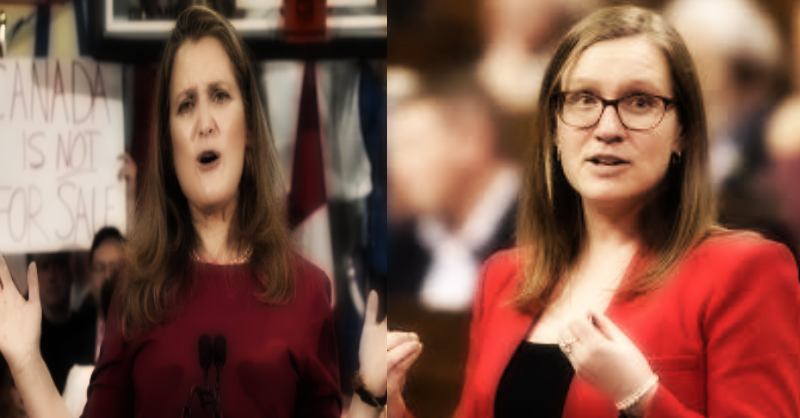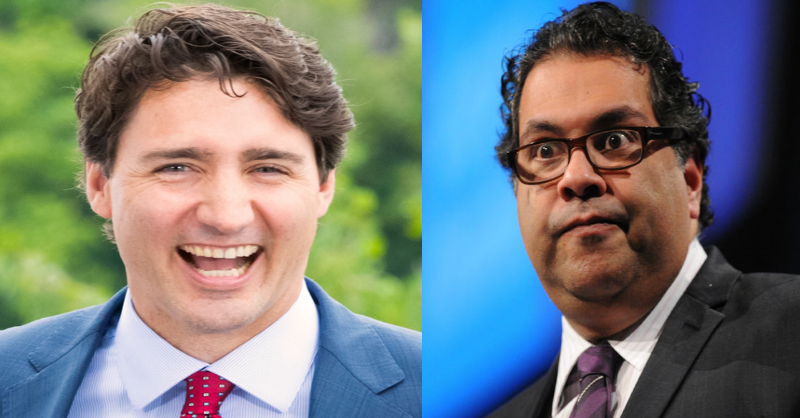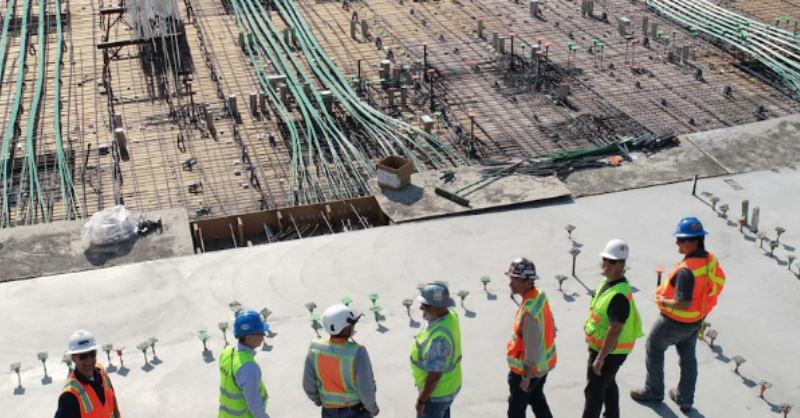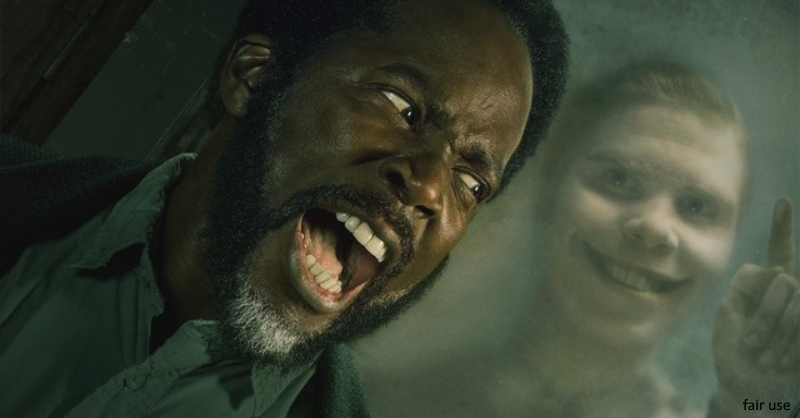If you’ve been living in British Columbia over
the last few years, you’ve likely felt it—that sense of
gradual drift, of the system grinding slower while everything gets
more expensive and less accessible. It’s not dramatic at first. But
it adds up. Grocery bills grow, your doctor gets harder to reach,
housing doesn’t just cost more—it disappears. If you’ve ever
wondered whether this province is still working for people like you,
you’re not imagining it.
What used to be a vibrant, fast-growing province
now feels tangled in its own red tape. Despite how much more
government we’ve paid for, things don’t seem to function better.
We’ve gone from a $2.7 billion surplus to nearly a $9 billion
deficit in the span of one administration. It’s a staggering
reversal. Meanwhile, business formation has slowed, private sector
job growth lags, and small entrepreneurs quietly disappear or
relocate. It’s not dramatic—but it’s widespread. You hear about
it at the post office, at your kids’ soccer game, or from your
neighbour who used to run a shop and now sells online.
Health care tells a similar story. For all the
investment, outcomes remain grim. British Columbia ranks among the
highest in per capita health care spending, yet patients routinely
wait months for surgeries or diagnostic tests. Stories of people
dying on waitlists are no longer shocking. They’re just the new
normal. Whether it’s a specialist, a scan, or mental health
support, the experience for many is delay, deferral, or denial. The
frustration is not just personal—it’s systemic. The system can’t
keep up, and government expansion hasn’t changed that.
Housing has become its own crisis. Promises have
been abundant, but deliverables haven’t kept pace. Government-led
density strategies are reshaping communities faster than
infrastructure can support. Meanwhile, younger residents are
increasingly resigned to the idea that they will never afford a home.
Even renters are squeezed. Some recent proposals offer cash rebates
or incentives to ease pressure, but the market remains undersupplied,
overpriced, and overheated. Whether you rent or own, chances are
you’ve noticed: the math no longer works.
There is no single villain. There are just a
series of decisions made over time—well-intentioned, perhaps, but
disconnected from the everyday lives of those they affect. Provincial
governance has grown technocratic and abstract. Many policies come
from desks in Victoria, not conversations in community halls or with
local leaders. The result? More bureaucracy, less clarity, and even
less trust.
Amid all this, some are proposing a different
direction—one that looks to scale back government sprawl rather
than expand it, prioritize economic productivity over symbolic
regulation, and restore local voices to policy debates. That vision
includes shrinking the regulatory burden on small businesses,
creating space for private and non-governmental health partnerships,
and restoring fiscal balance before debt becomes its own crisis. It’s
a call not just for a change in party, but a change in philosophy:
less central planning, more flexibility, more accountability.
There’s talk of cutting red tape—making it
easier for people to build, start, and grow without waiting six
months for a permit. Proposals for health reform focus on
incentivizing efficiency: giving funding to providers who deliver
outcomes, not just who process the most forms. Some suggest allowing
patients to seek private or out-of-province treatment—with the
province covering the cost—if the local system can’t provide
timely care. The idea isn’t to gut public services, but to stop
pretending that rationed care is somehow ethical or equitable.
On affordability, there’s been discussion around
eliminating the provincial carbon tax and rolling back certain levies
that hit commuters, tradespeople, and farmers hardest. It’s a
controversial idea—but it resonates with those who feel punished
for driving to work or heating their homes. For small businesses, a
lower tax rate and fewer compliance costs could mean survival instead
of shutdown. For many working families, it could mean hundreds back
in their pockets every month.
Public safety is another area where frustration
simmers. In cities like Vancouver, concerns about crime are real.
Storefronts board up early, and residents alter their routines.
Addiction and mental health are complex challenges, but simply
expanding harm reduction without robust treatment options has led
some to ask: where does this path lead? Some are calling for a
shift—away from open-ended tolerance and toward enforced care,
especially for those in crisis. Others propose reopening mental
health institutions or repurposing existing infrastructure to treat,
not just manage, the symptoms of collapse.
Even on reconciliation, the conversation is
changing. Indigenous communities are increasingly pushing for real
partnerships, not symbolic inclusion. That means resource projects
with revenue sharing, land access, and decision-making authority—not
bureaucratic gatekeeping. It’s a vision of reconciliation rooted in
economic sovereignty, not perpetual dependency. The role of
government, in this model, is to facilitate—not dictate.
Not everyone agrees on the pace or direction of
these reforms. Critics worry that deregulation will erode
protections, or that private health options will draw talent away
from the public system. Others point to proposed budget deficits as a
contradiction: how do you cut taxes and increase investment? These
are legitimate concerns. But many British Columbians seem less afraid
of risk than they are of drift. The current model isn’t working.
For some, the greater danger is in doing more of the same.
The Choice Media Hates
The BC Conservative Party's platform is a direct
response to the problems so many British Columbians are already
living. They are offering a set of pragmatic, measurable solutions
rooted in accountability and results. Whether it’s reducing taxes
for small businesses, expanding health care access through
partnerships, respecting local decision-making on housing, or
returning budget surpluses to taxpayers, their approach is grounded
in the idea that government should enable—not obstruct—progress.
They aren’t promising miracles, but they are promising change where
it’s needed most. And increasingly, that’s what people are
looking for: not ideology, but a government that listens, acts, and
adapts.
Many British Columbians have watched with growing
dismay as mainstream media outlets, turned into echo chambers for
political opponents, have attempted to define the BC Conservatives by
a series of sensationalized and often misleading scandals. Over long
weekends, NDP-aligned sources leaked a nearly 200-page dossier—framed
as “MAGA conspiracy” evidence—accusing John Rustad and his
candidates of endorsing fringe theories, from pandemic hoaxes to
accusations of children being forced to eat insects. Headlines
splashed labels like “crackpot” and “bizarre internet
conspiracies,” often repackaging old social media posts out of
context and omitting any substantive policy discussion. The
cumulative effect has been to implant doubt, distract from real
issues like housing, cost of living, and health care, and shift the
focus away from the Conservatives' platform. In doing so, the
narrative didn't just challenge individual statements—it chipped
away at the legitimacy of the entire party before they were even
given a fair hearing.
Rustad responded by calling it a deliberate
campaign to smear his movement, suggesting that the decision to
attack him and his team through selective leaks and media framing was
meant to deter any momentum they were gaining. As one independent
analyst pointed out, this isn’t just campaign strategy—it mirrors
a broader pattern seen in polarized politics, where character
assassination replaces policy scrutiny . The fallout wasn’t limited
to social media. Even attempts to ask direct questions in legislative
sessions or press conferences—such as a simple inquiry about a
textbook or climate science position—were met not with answers but
with public criticism of the journalists, reinforcing the narrative
that the party was being persecuted by a hostile press. Many voters
now wonder: if these leaks were designed to silence debate, what does
that say about a system that values spin over substance?
Politics often encourages us to choose sides. But
the deeper choice here isn’t left or right. It’s between
management and transformation. Between passive administration and
active problem-solving. Between a government that presumes to know
best, and one that trusts the public to decide what works best for
them. In British Columbia today, that choice feels closer than ever.

































